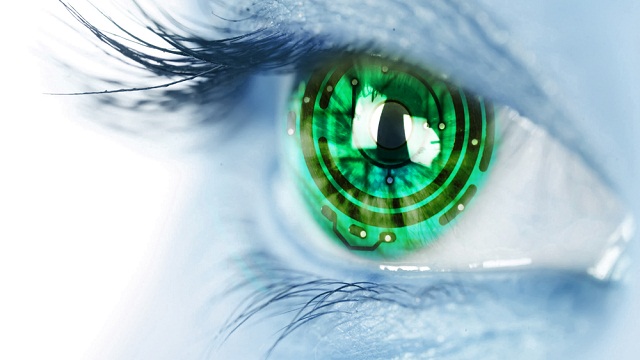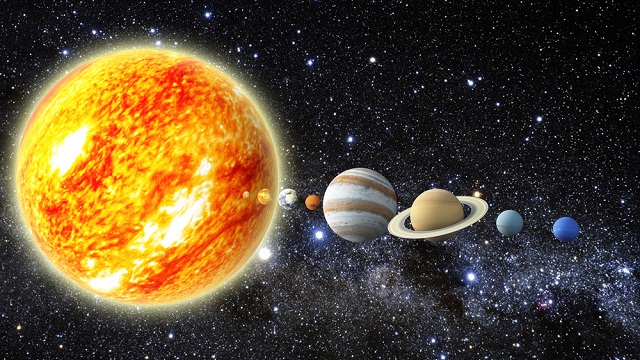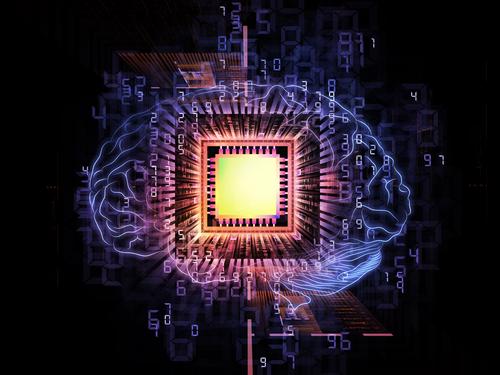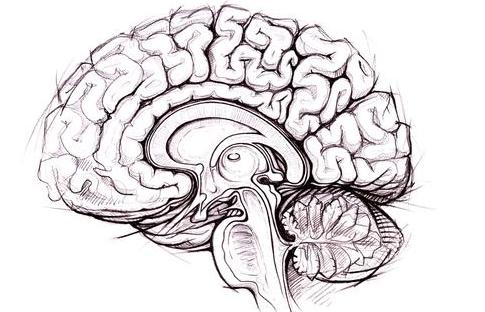Surprising Science
All Stories
Forget about those coated costume contact lenses: Scientists in Belgium have created a lens with a curved, flexible LCD display.
Researchers at the Berkeley Seismic Laboratory are helping to develop a seismometer app that will provide detailed information on who felt what and where.
Named for their size and bright color, these objects allow astronomers a new look into the lifespans of galaxies and the black holes at their centers.
A new report indicates that more than 75 percent of savannah normally used by lions has been lost over the last 50 years due to increased human land development.
The 35-year-old spacecraft is currently traveling through a previously undiscovered zone between the heliosphere and interstellar space.
A government-commissioned 152-page brochure gives school educators some much-needed guidelines, but it also discusses alternative lifestyles to a detail that some groups say is unacceptable.
Research shows that the exciting emotional bonds created by marriage begin to fade after just two years, but that introducing variety into the relationship has restorative effects.
Canada’s University of Waterloo claims to have the world’s largest and most complex brain simulator. Called Spaun, it can model eight distinctive functions of the human brain.
A new three-dimensional chip that emits light at different depths in the brain’s tissue could help scientists better understand distinct thought patterns and the sources of neurological disease.
A new handheld medical device that non-invasively measures your vital signs could replace visits to the doctor with digital diagnoses. The machine is modeled on Star Trek’s tricorder.
Doctors and medical professionals critical of patents on individual human genes have won their day before the Supreme Court, arguing that monopolies on scientific research are harmful.
Researchers have received a grant to pursue the use of electrospinning to create a dissolvable material that, when inserted into the body, will deliver drugs either immediately or over a period of days.
Flexible displays have been here for a while, but the other components of a device need to be flexible as well. 2013 may very well see their debut.
Elementary health metrics such as a mother’s body weight and whether she smokes have helped researchers build a formula that predicts childhood obesity rates with 80 percent success.
Despite anecdotal evidence to the contrary, the flu shot makes it less likely that you will contract the flu. Studies show that we have a particularly strong mental reaction to getting a flu vaccine.
A new meta-study out of Harvard suggests that salt and chemical preservatives in meats like bacon, salami and hot dogs are worse for your health than the same amount of red meat.
Medical tech startup Scanadu has met its goal of having a prototype device ready by the end of this year. It works by reading vital signs from the user’s temple.
A University of Massachusetts team is developing a breathable fabric made of nanotubes that can switch into a protective state in case of a biological or chemical weapons attack.
For a mere ¥100,000 (about $1,200), expectant couples can get a service that will turn MRI data into an image that can then be printed using a 3D printer.
At 17 billion times the mass of the sun, it could be the biggest of its kind found to date, and its existence may shake up scientists’ knowledge of how galaxies are born and evolve.
A Spanish company has successfully completed a test of a balloon that could take passengers 20 miles above Earth, just a few miles short of Felix Baumgartner’s October launch spot.
A new UN report warns that if thawing continues as expected, major ecosystems will be impacted and large amounts of methane and carbon dioxide will be released into the atmosphere.
The same machine used to discover the Higgs boson particle may also have produced something that would most likely have last existed around the time of the Big Bang.
The company announced today that two of its models will include functionality that will let iPhone owners access the personal assistant using a special “Eyes Free” feature.
The University of Cambridge has set up a center designed to examine the risks posed by advancing technologies and climate changes to the survival of the human species.
New Delhi’s MedTech Row is home to a growing number of health sector companies, partnerships, and nonprofits that are focusing on how to provide affordable care to the country’s poorest citizens.
An innovative program in La Paz provides one free meal consisting of foods made from traditional ingredients. Malnutrition is down, but obesity is up.
Despite our growing understanding of how the human brain works, myths persist among the public at large and even among educators who express an interest in neuroscience.
The Guardian’s Oliver Burkeman explains why new age authors like Deepak Chopra shouldn’t be ignored because they are labeled as pseudoscience. Wisdom needn’t be scientific, says Burkeman.
Neuroscientists at MIT and Boston University have located pairs of neuron ensembles that oscillate differently depending on which thought is being entertained, illuminating a mystery of cognition.





























